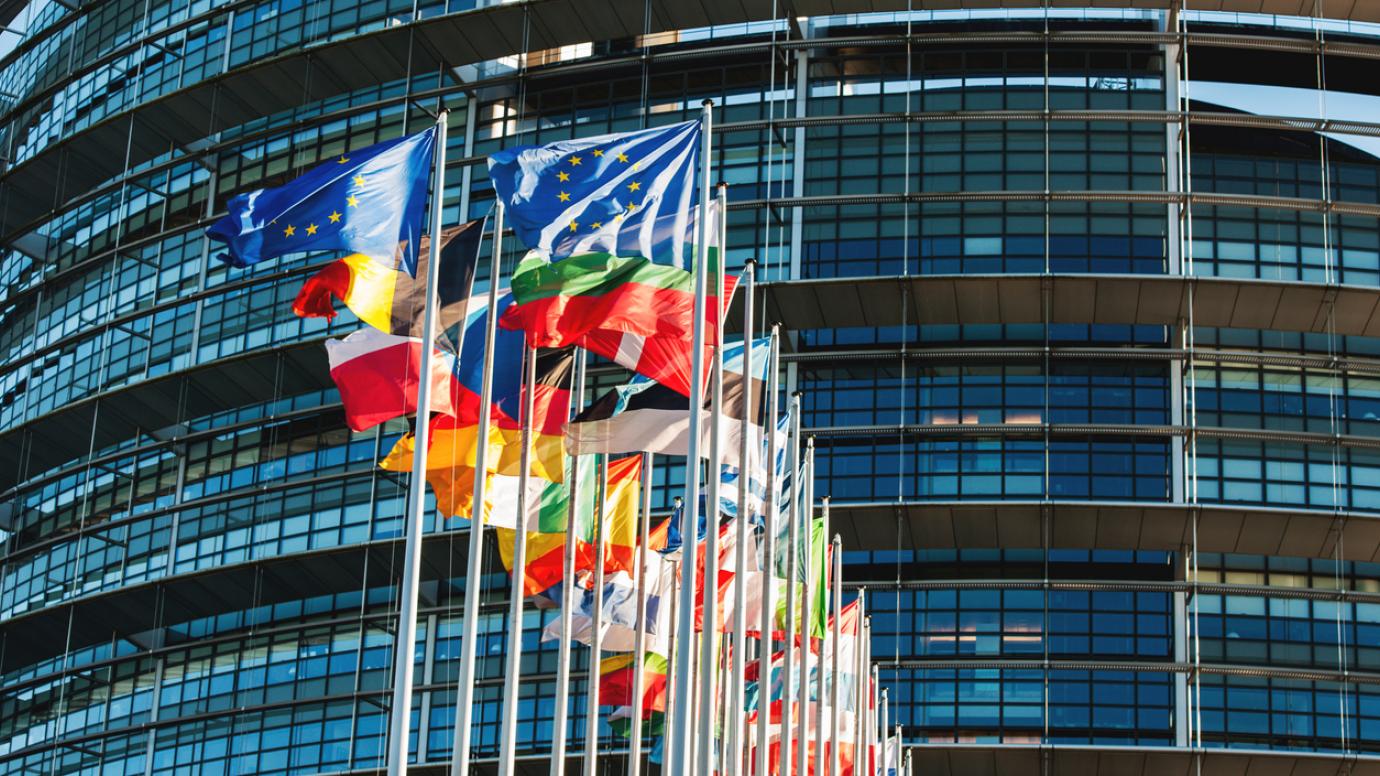Commission assesses current cultural policy cooperation and proposes new priorities
Recovery and resilience of the cultural sectors, the effects of climate change, culture’s role for societal transformation and wellbeing, combatting illicit trade in cultural goods are among the proposed future priorities detailed in the report on the Work Plan for Culture 2019-22. |

The European Commission’s report on the Work Plan for Culture 2019-22, published on Wednesday, gives a positive assessment of the implementation of the Work Plan.
It also acknowledges the relevance of its priorities, the actions carried out with the support from and in cooperation with the Commission, and the working methods used to implement them.
The report’s conclusions also suggest priority topics for the next Work Plan and launch a reflection to strengthen the EU framework for cooperation on culture.
Commenting on the publication, Commissioner for Innovation, Research, Culture, Education and Youth, Mariya Gabriel said:
Taking stock is always a good moment to look ahead. And we can already see that we have to continue our efforts to improve the working conditions of artists and cultural professionals in the EU and to fully seize culture’s potential for sustainability, cohesion and democracy. It is also clear that we must make cultural policy more coherent at EU level. We need to think more strategically and cooperate more closely to rise to the challenges the sector faces.
New angles on enduring priorities
The report emphasises the importance of continuing to expand the following priorities:
- the relationship between culture and sustainability
- a continued focus on climate change and the environment
- the status, working and social conditions as well as the resilience of cultural and creative professionals
- gender equality, for example, by focusing on gender-sensitive data collection
- challenges and opportunities of the digital transformation, its effects on cultural and artistic diversity
- strengthening social cohesion and well-being
- more focus on a strategic approach to EU international cultural relations
New topics that deserve attention
On top of revisiting past priorities, the report also identifies new priorities:
- the recovery and resilience of the cultural and creative sectors after the COVID-19 pandemic should be prioritised
- combatting illicit trade in cultural goods
- broadening access to culture and creativity to people with disabilities
- culture, democracy, cultural rights in relation to education
What’s next: reflecting on a more integrated EU framework for culture
The report suggests that culture deserves a more prominent place in the European project. The complexity of today's challenges in the field of culture, exacerbated by climate change, digitisation, and the war in Ukraine, makes it even more important to have a more integrated EU framework for cooperation on culture.
This could provide the policy area with more credibility and resources to achieve its full potential and bring more tangible benefits for the cultural and creative sectors as well as people’s well-being.


